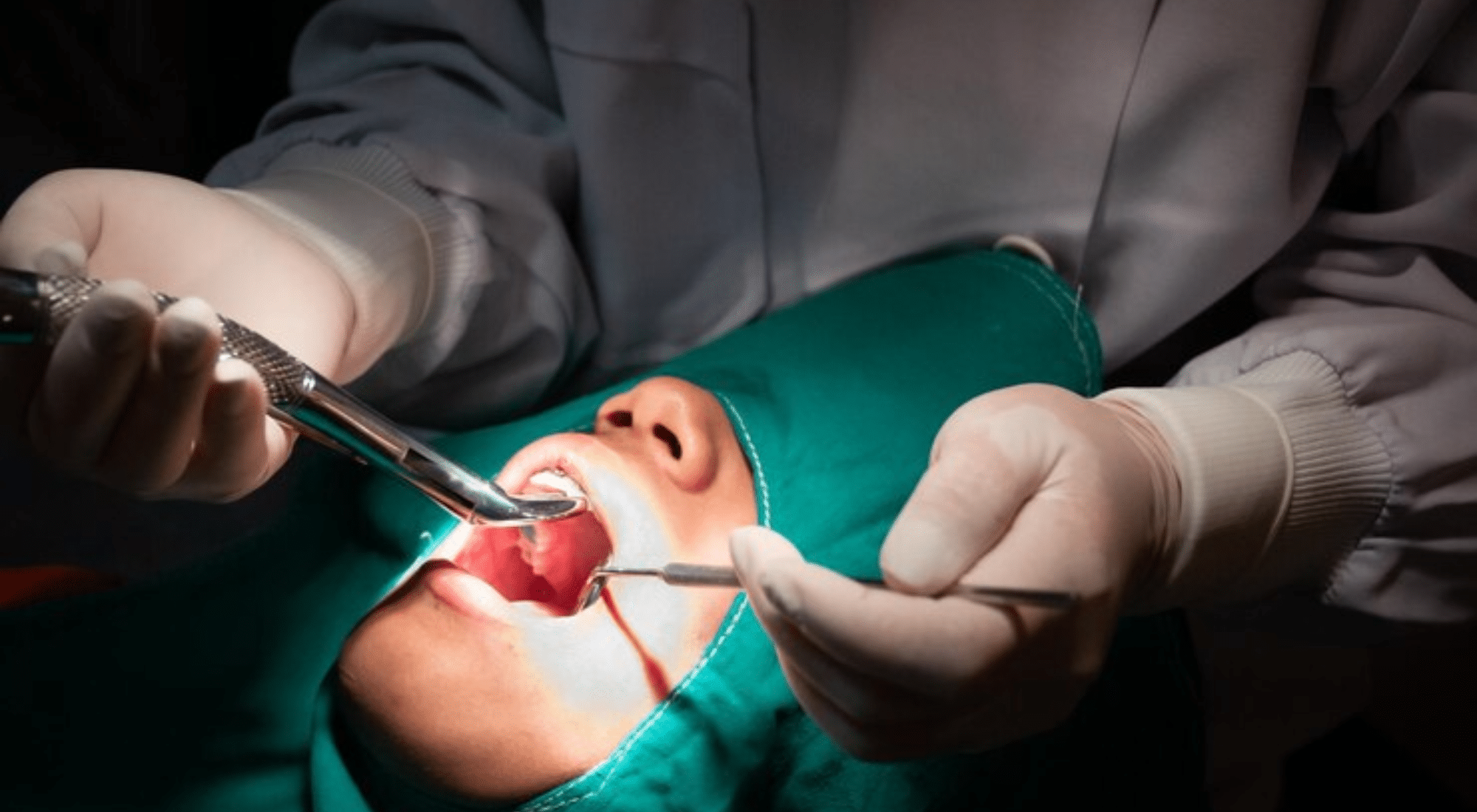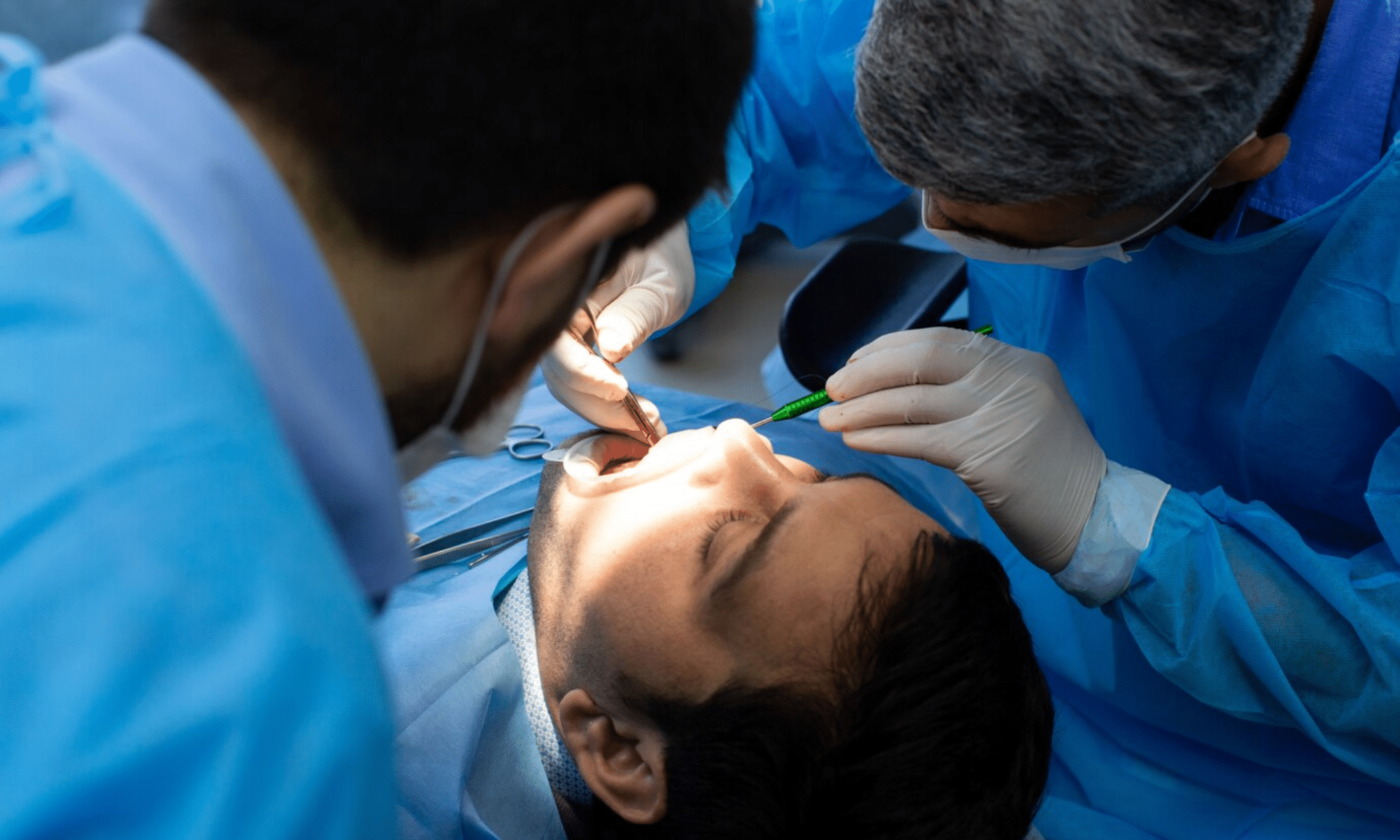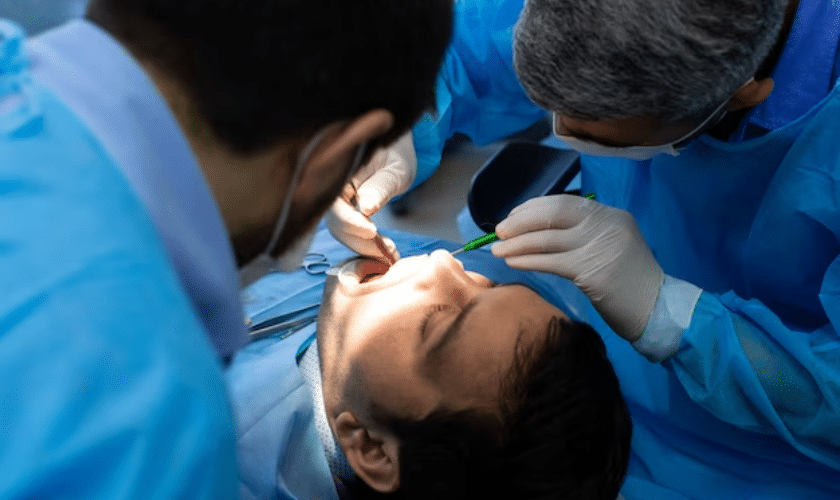
Tips On How To Stop The Bleeding After An Oral Surgery?
Undergoing oral surgery can be a necessary but daunting experience, often accompanied by concerns about pain, swelling, and bleeding. While bleeding is a normal part of the post-surgical healing process, knowing how to manage it effectively can help alleviate anxiety and promote a smoother recovery. In this comprehensive guide, we’ll delve into practical tips and expert advice on how to stop bleeding after oral surgery. From gentle techniques to soothing remedies, let’s explore strategies to ensure a comfortable and successful recovery journey.
Understanding Post-Surgical Bleeding
After oral surgery, it’s common to experience some degree of bleeding, which typically occurs as a result of trauma to the soft tissues during the procedure. While mild bleeding is normal, excessive or prolonged bleeding may indicate complications and should be addressed promptly by your dental surgeon. Understanding the factors that contribute to post-surgical bleeding can help you better manage and mitigate its effects.
Tips to Stop Bleeding After Oral Surgery
- Apply Pressure: Gently but firmly bite down on a clean gauze pad or damp tea bag over the surgical site to promote clot formation and stem bleeding. Maintain consistent pressure for at least 30 minutes, replacing the gauze or tea bag as needed until the bleeding subsides.
- Elevate Your Head: Keep your head elevated above heart level, either by propping up pillows or reclining in a chair, to reduce blood flow to the surgical area and minimize bleeding. Avoid lying flat, as this can increase blood pressure and exacerbate bleeding.
- Avoid Vigorous Activity: Refrain from engaging in strenuous activities or heavy lifting for the first few days following oral surgery, as these can increase blood flow to the surgical site and prolong bleeding. Take it easy and prioritize rest to facilitate optimal healing.
- Ice Packs: Applying ice packs to the outside of your face in the immediate aftermath of oral surgery can help constrict blood vessels and reduce swelling, which may in turn alleviate bleeding. Wrap the ice pack in a thin cloth and apply it to the affected area for intervals of 10-15 minutes as needed.
- Rinse with Saltwater: After the initial bleeding has subsided, gently rinse your mouth with a warm saltwater solution to promote oral hygiene and soothe the surgical site. Mix one teaspoon of salt into a glass of warm water and swish it around your mouth for 30 seconds before spitting it out.
- Avoid Hot Foods and Beverages: Stick to cool or lukewarm foods and beverages in the days following oral surgery, as hot temperatures can increase blood flow to the surgical area and prolong bleeding. Opt for soft, easy-to-eat foods that won’t irritate the healing tissues.
Bleeding after oral surgery is a natural and expected part of the healing process, but knowing how to manage it effectively can make a significant difference in your comfort and recovery. By following these practical tips and expert recommendations, you can minimize bleeding, promote healing, and ensure a smoother post-surgical experience. Remember to consult with your dental surgeon if you experience excessive or prolonged bleeding, as this may require further evaluation and intervention. With patience, care, and diligence, you’ll be on your way to a speedy and successful recovery from oral surgery.




